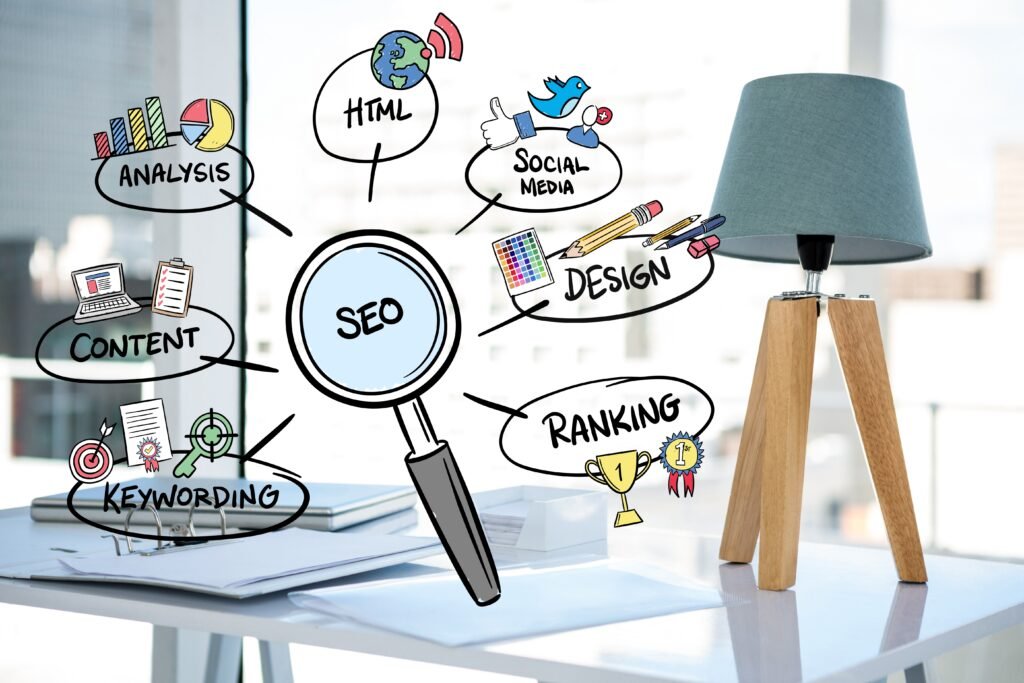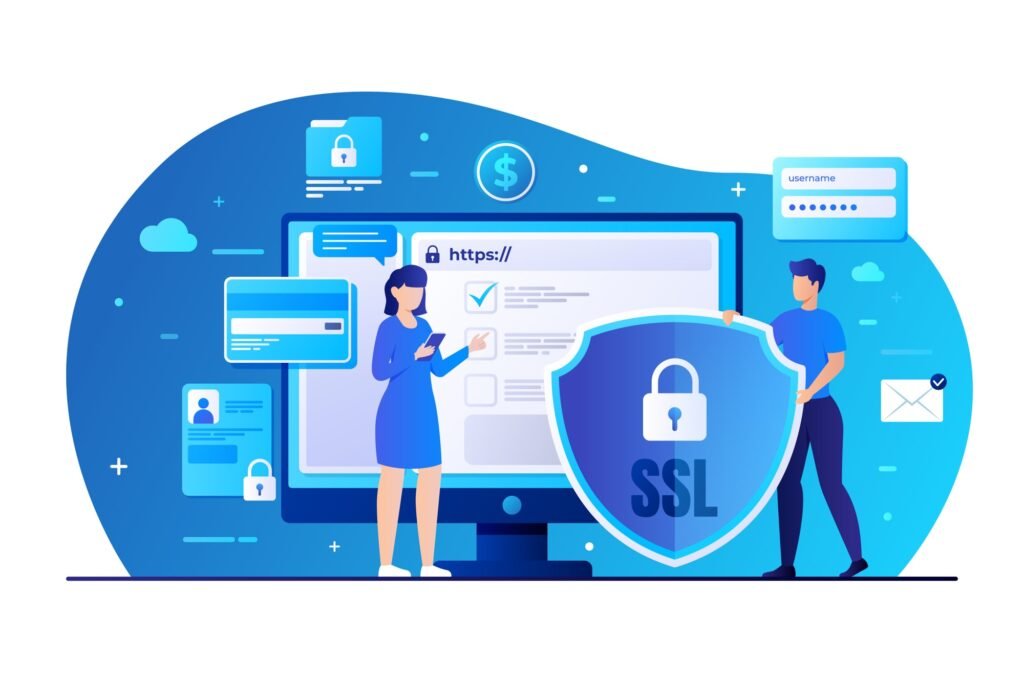A Web Log, commonly known as a blog, is an online journal or informational website that displays content in reverse chronological order, with the most recent posts appearing first. Blogs are usually maintained by individuals or small groups and cover various topics, from personal experiences to professional insights.
Key Features of a Web Log
- Content Organization: Blogs are generally structured with content presented in reverse chronological order, meaning the newest post appears at the top. Posts are typically archived by month or year, making it easier for users to navigate older content.
- Interactivity: One of the unique features of blogs is the ability for readers to leave comments and engage in discussions with the author and other readers. This interactive component makes blogs a community-driven platform.
- Categories and Tags: Blogs use categories and tags to organize content. Categories help group related posts under specific themes, while tags offer more specific keywords related to each post, making it easier for readers to find relevant content.
Types of Web Logs (Blogs)
- Personal Blogs: These are written by individuals who want to share personal experiences, opinions, or hobbies. Personal blogs can cover a wide range of topics, from travel and lifestyle to food and personal development.
- Niche Blogs: Focused on a specific area of interest, niche blogs cater to a particular audience. Examples include tech blogs, fitness blogs, or finance blogs. These are often the go-to platforms for detailed, expert content in specific fields.
- Business Blogs: Many companies maintain business blogs to communicate with their customers, share industry insights, or promote their products and services. Business blogs are an essential part of content marketing strategies to attract and engage potential clients.
- Professional Blogs: Professionals in various industries use blogs to share their expertise and build authority in their field. For example, lawyers, doctors, and web developers often blog about their respective domains to offer advice and share knowledge with their audience.
Why Web Logs (Blogs) Are Important
- Content Marketing: Blogs play a pivotal role in content marketing strategies. Businesses use blogs to provide valuable content that attracts potential customers, educates the audience, and nurtures leads. It’s an effective way to improve SEO, as blogs can target long-tail keywords and cover a wide range of topics.
- Brand Building: A well-maintained blog helps build brand authority. By consistently publishing high-quality content, businesses and individuals can establish themselves as experts in their respective fields. This credibility can lead to increased trust and customer loyalty.
- SEO Benefits: Blogs are an excellent way to boost search engine optimization (SEO). Regularly updated blogs provide fresh content that search engines can index, improving your site’s visibility on search engine results pages (SERPs). Additionally, blogs allow you to target relevant keywords, further enhancing your website’s SEO performance.
- Community Engagement: Blogs foster a sense of community by allowing readers to interact through comments, shares, and discussions. Engaging with your audience through a blog can increase brand loyalty and lead to more substantial customer relationships.
How to Start a Web Log (Blog)
- Choose a Platform: Popular blogging platforms include WordPress, Blogger, and Medium. For businesses or professional blogs, WordPress is the most versatile platform, offering customizable themes and plugins to enhance your blog’s functionality.
- Pick a Domain Name: Your blog’s domain name is crucial as it reflects your brand identity. Choose a name that’s memorable and relevant to the content you plan to publish.
- Select a Niche: If you’re starting a blog, choose a niche or area of expertise. By focusing on a specific subject, you can attract a dedicated audience and establish yourself as an authority in that field.
- Create Quality Content: Regularly update your blog with well-researched, engaging, and valuable content. Whether you’re writing to educate, entertain, or inspire, make sure your posts provide value to your readers.
- Promote Your Blog: Share your blog posts across social media channels, email newsletters, and online communities. Utilize SEO strategies like keyword optimization, backlinking, and meta descriptions to improve your blog’s search engine rankings.
Challenges of Running a Web Log
- Consistency: Maintaining a blog requires regular updates. This can be challenging, especially when you have other professional or personal commitments. Consistency in publishing new content is key to growing an audience.
- Engaging Readers: With millions of blogs online, standing out and keeping your readers engaged can be difficult. Bloggers must focus on creating unique, high-quality content and engaging with their readers to retain interest.
- SEO Knowledge: While blogging can improve SEO, understanding how to optimize your content for search engines requires learning. Bloggers must stay updated with SEO trends to ensure their content ranks well.
- Monetization: Many people start blogs with the hope of making money. While there are several monetization strategies, including affiliate marketing, sponsored posts, and ads, generating revenue from a blog can take time and effort.
Conclusion
A Web Log (Blog) is an essential tool for individuals and businesses looking to share their thoughts, expertise, and content with the world. Whether it’s for personal expression, building a brand, or driving business leads, blogs play a vital role in the online ecosystem. By creating quality content and engaging with your audience, you can leverage a blog to achieve your personal or business goals.
For expert web development services, content creation, and SEO optimization, visit TechsterTech.com to learn more about how we can help you achieve your online goals.
As the technology landscape continues to evolve, the availability and use of libraries will only grow, offering more advanced features and capabilities to help developers create cutting-edge software solutions.
For businesses interested in e-commerce solutions or web development services, visit Techstertech.com to learn more about how we can help you create an effective online presence and take your business to the next level!



